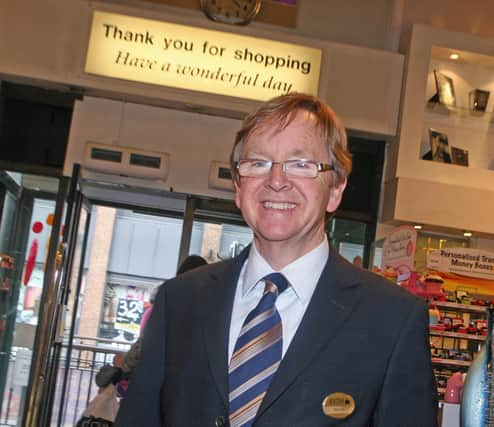Why we need to plan for end of lockdown


We have endured six weeks of quarantine but the novelty aspect of it is now beginning to fade. How we exit this new world, without risking a rebound, will be the ultimate test.
The reality is that every day we ‘cocoon’, we are betting against ourselves. Can our mental health (never mind our physical health) stick the pressure? Reports last week from the Office of National Statistics that alcohol sales for March were up a staggering 31% should sound a few warning bells. And it’s not just the day to day pressure of the ‘lockdown’, it’s the knowing that many people will be a lot worse off when liberty is finally restored.
Advertisement
Hide AdAdvertisement
Hide AdLike the financial crash of 2008/9, it was the poorest and weakest in society who suffered most. Memories are long. Those who took the biggest ‘hit’ then are still trying to get their lives back. Shutting the economy down is creating its very own health crisis, which could ultimately claim a far bigger toll than the current pandemic. This week is ‘payday’ for many – but sadly not for everyone. Restoring hope to people, whose quality of life has been shattered, is now in need of serious consideration.
Ex-Tánaiste, Senator Michael Mc Dowell, insists political leaders in the south must ‘nurture’ hope and be seen to be planning a way out of the current crisis. Many of his counterparts in the north will concur with that sentiment and there are signs that some form of planning may be underway.
“People are entitled to the respect of not being left in the dark, not being fed opaque and rationed facts and figures and not being excluded from public discussion and debate on [future] strategy.” says Mc Dowell.
Arlene Foster has intimated that there may be a ‘geographical’ approach to easing the lockdown. This reflects the reality of life and death across the land. Is it realistic to apply the same measures to Derry as London or other ‘hot spots’ where big clusters of COVID-19 are to be found?
Advertisement
Hide AdAdvertisement
Hide AdIn the end, the ‘easing’ may just come down to grubby money, because the government cannot continue to fund the lockdown for ever. The Chancellor may have the final say. It is unlikely to be exclusively down to the Department of Health. In this crisis, “there is no monopoly of wisdom,” says Michael Mc Dowell.
“The awfulness of COVID-19 and the really tragic loss of life does not exonerate us from the responsibility to ensure the social and economic well-being of the people.”